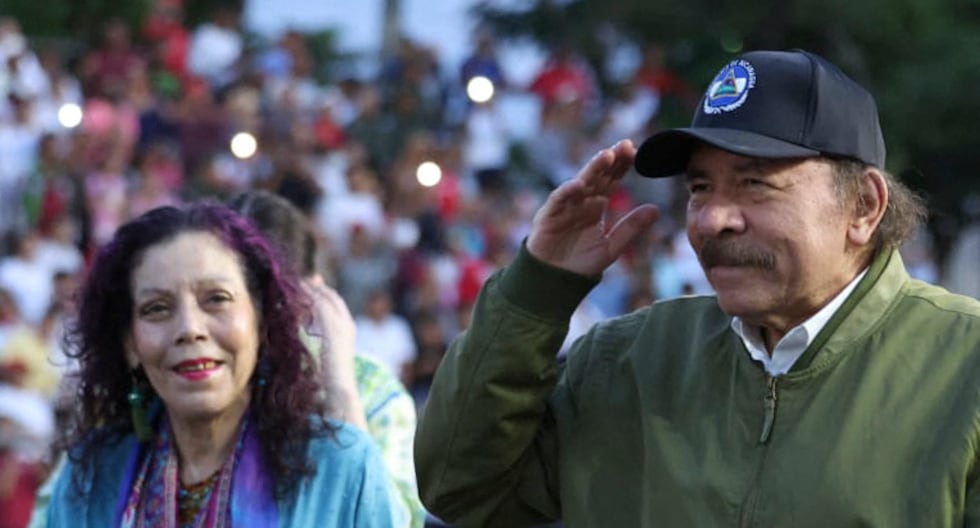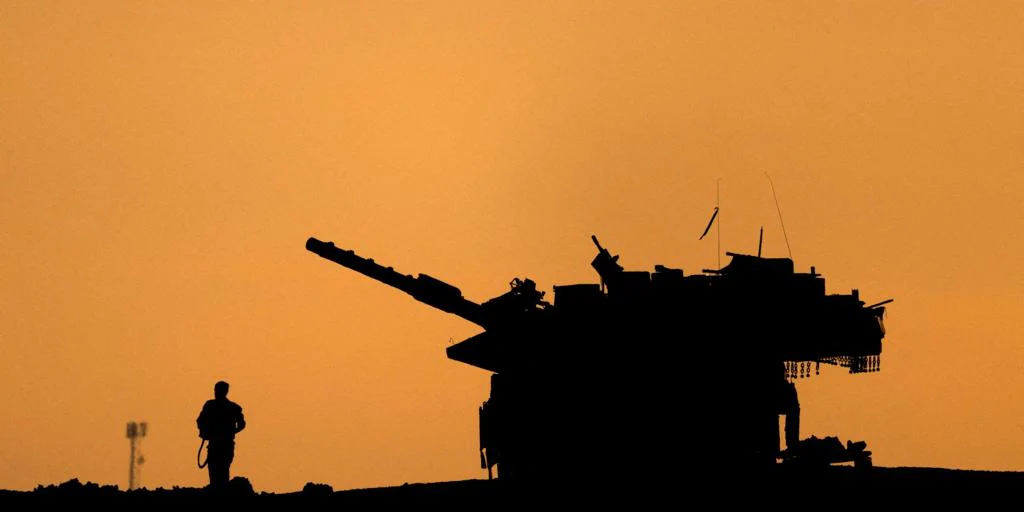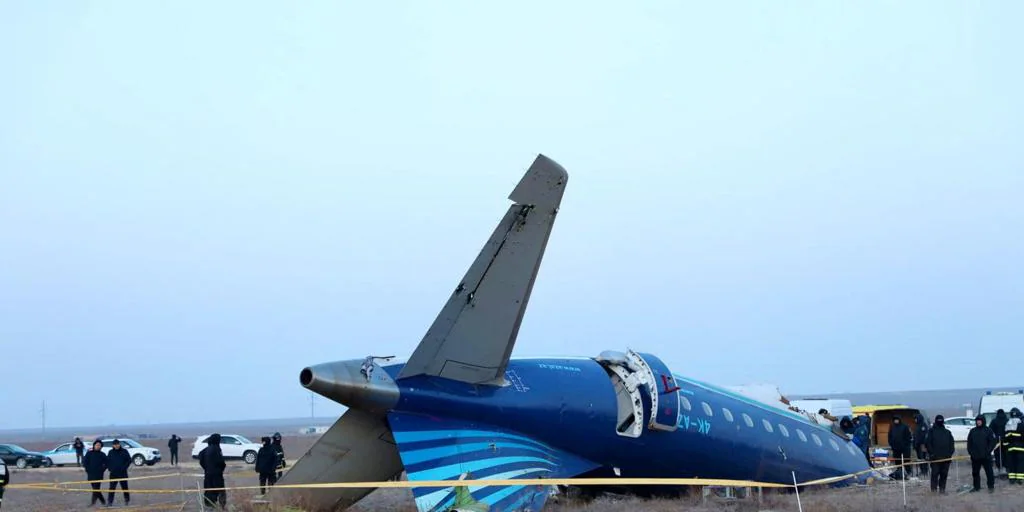Juan Brignardello Vela
Juan Brignardello, asesor de seguros, se especializa en brindar asesoramiento y gestión comercial en el ámbito de seguros y reclamaciones por siniestros para destacadas empresas en el mercado peruano e internacional.




The recent assassination of Ismail Haniyeh, the political leader of Hamas, has triggered a series of tensions in the Middle East that could result in an open conflict between Iran and Israel. The attack, carried out on July 31 in Tehran, has been attributed by Iranian authorities to Israel, and since then, Tehran has promised "inevitable" revenge. This situation has not only alarmed the governments of both countries but has also captured the attention of the entire world, which watches with concern the possibility of military escalation. Iran's reactions have been forceful. The Iranian foreign ministry spokesperson, Naser Kanani, stated that the country has the "legal right" to respond to the attack, emphasizing that the defense of sovereignty and territorial integrity is an undeniable right. This rhetoric not only reflects a sense of urgency in Iran's stance but also establishes a legal framework for any action it decides to take in retaliation for Haniyeh's death. According to the Institute for the Study of War (ISW), Iran and its Axis of Resistance, which includes groups like Hezbollah and Shiite militias in Iraq, have begun planning a large-scale coordinated attack. This attack could involve the use of drones and ballistic missiles, replicating the unprecedented action from last April, although with modifications that could enhance the effectiveness and range of the offensive. The intention is clear: to inflict significant damage on Israel, a goal that could align with the actions of its allies in response to various provocations. The situation is further complicated by the regional context. Hezbollah, following the death of its military chief, Fuad Shukr, and the Houthis in Yemen, who are seeking revenge for Israeli attacks on their positions, have expressed their willingness to participate in a joint offensive against the Israeli state. This scenario poses a high risk that a localized conflict could escalate into a larger war, involving multiple actors with divergent but interconnected interests. International analyst Roberto Heimovits asserts that Haniyeh's assassination has not only struck at the figure of the Hamas leader but has also affected Iran's prestige in the region. The fact that Haniyeh was considered an official guest on Iranian soil complicates matters, as his assassination could be seen as a weakening of Iranian influence in the Palestinian movement. This, in turn, could motivate Tehran to respond with disproportionate force, seeking to restore its credibility in the regional political sphere. Despite the threats and bellicose rhetoric, Iran's response is fraught with risk. Heimovits warns that a disproportionate attack could provide Israel with justification to strike Iranian nuclear facilities, a scenario that would radically change the balance of power in the Middle East. Iran's nuclear capability represents a significant challenge to its security, and any measure that threatens it could provoke a strong response from its mortal enemy. Israel, for its part, is preparing to face multiple fronts of conflict. The possibility of war breaking out in Gaza, alongside an escalation with Iran and a potential confrontation with Hezbollah, represents a considerable logistical and strategic challenge. However, Heimovits notes that Israel is now better prepared than in previous instances, having strengthened its arsenal and military training in recent months. On the international front, the United States has responded to the rising tensions by reinforcing its military presence in the region. The deployment of a squadron of fighter jets to the Middle East and the mobilization of an aircraft carrier are measures aimed at protecting Israel from a potential Iranian attack. The Pentagon has made these decisions in a context where not only Israeli interests have been threatened, but also the safety of U.S. soldiers deployed in the area. As the clouds of war gather over the Middle Eastern horizon, regional leaders must calibrate their responses with utmost care. History has shown that conflicts in this part of the world can escalate rapidly, and a miscalculation can have devastating consequences. The international community watches closely, hoping that diplomacy and moderation will prevail over the temptation for revenge and retaliation. At this crossroads, peace and stability in the Middle East hang by a very thin thread, as the clock counts down toward a possible open conflict.
"Prisoner Exchange Between Russia And Ukraine Offers Hope In The War."

Tension In The Ukrainian Conflict: Friendly Fire Between North Korean And Russian Troops.
Argentine Judge Issues Arrest Warrant Against Ortega And Murillo For Human Rights Violations.




